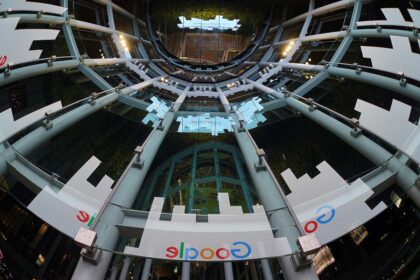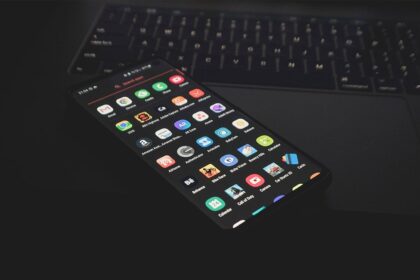A man, aged 59, who has type 2 diabetes, underwent a groundbreaking cell transplant. As a result, he has been free from insulin and medication for 33 months. This development brings hope to other individuals with diabetes.

Chinese researchers have made a major breakthrough by revealing the first successful treatment for diabetes using cell therapy.
In 2021, a 59-year-old patient had a new cell transplant. They have not needed medication since 2022, as reported by the South China Morning Post (SCMP).
The test included making a fake type of cells that produce insulin in the pancreas to control blood sugar.
The individual had been dealing with type 2 diabetes for 25 years and had almost lost all function of the islet cells. They were at a high risk of severe complications and needed to take multiple daily insulin injections to prevent a diabetic coma.
Yin Hao, a top researcher at Shanghai Changzheng Hospital, warned that he faced a high risk of severe diabetes complications, as reported by The Paper in Shanghai.

How was the diabetes cure found?
In July 2021, the patient got a cell transplant. Within eleven weeks, he didn't need external insulin anymore. His oral medication was slowly decreased until it was stopped completely a year later. Yin mentioned that follow-up tests indicated the patient's pancreatic islet function was successfully restored. The patient has been without insulin for 33 months now.
A group of doctors and researchers from Shanghai Changzheng Hospital, the Centre for Excellence in Molecular Cell Science under the Chinese Academy of Sciences, and Renji Hospital made a significant medical discovery. This breakthrough was recently published in the journal Cell Discovery on April 30th.
The group utilized and coded the patient's peripheral blood mononuclear cells, converting them into “seed cells” that rebuilt pancreatic islet tissue in a lab setting.
Yin highlighted the importance of this advancement in regenerative medicine, utilizing the body's own regenerative abilities to address diseases. “Our technology has evolved and expanded possibilities in treating diabetes,” he explained.
How serious is diabetes?
Diabetes is a long-term illness that impacts how the body turns food into energy. The pancreas produces insulin, which is essential for controlling blood sugar levels. However, in diabetes, this process doesn't work properly. Either the body doesn't make enough insulin or it can't use insulin effectively.
Nearly 90% of individuals with diabetes have type 2 diabetes, which is primarily caused by diet and develops gradually. If not properly controlled, diabetes can result in severe complications such as heart disease, vision impairment, and kidney disease.
The US Centers for Disease Control and Prevention states that diabetes does not have a cure at the moment.
Treatment often includes losing weight, eating healthily, taking medication, and regularly injecting insulin while monitoring blood sugar levels.
Researchers around the globe are investigating islet transplantation as a hopeful option, mainly by developing islet-like cells from human stem cell cultures. This group of Chinese scientists has achieved major progress after over ten years of research.
A recent report by the World Health Organization suggests that approximately 77 million adults in India have type 2 diabetes, with an additional 25 million individuals at a high risk of developing the condition in the near future.

What impact will the new therapy have on China?
China has the largest number of diabetes patients globally, leading to a major healthcare challenge.
The International Diabetes Federation reports that there are 140 million individuals in China who have diabetes. Out of these, 40 million rely on lifelong insulin injections. This innovative cell therapy has the potential to greatly reduce the burden on healthcare.













